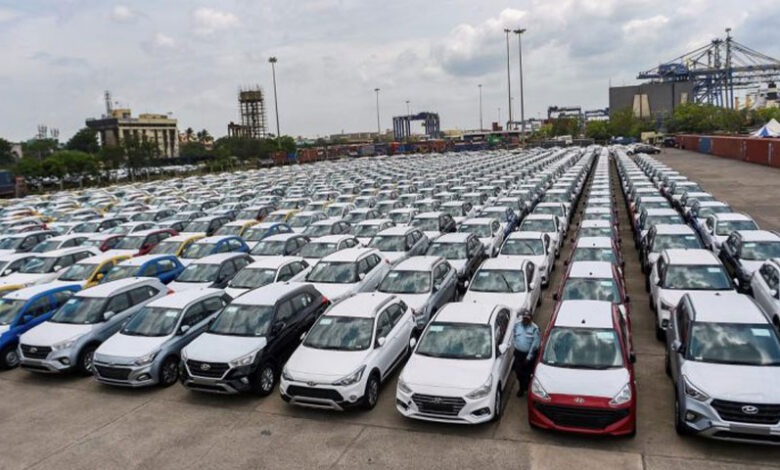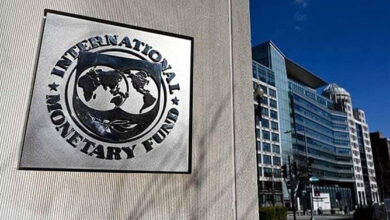Pakistan and IMF Agree to Cut Import Tariffs by 6% Over Five Years: Impact on Car Prices and Local Manufacturing

Pakistan and the International Monetary Fund (IMF) have agreed to reduce the country’s average import tariff by 6% over the next five years, with the changes set to be implemented from July 2025. This reduction in tariffs is expected to have a significant impact on the prices of imported vehicles and the local car manufacturing industry.
Auto industry expert, Mashood Ali Khan, explains that there are two major aspects to consider regarding this tariff reduction. Firstly, the reduction will create competition between local manufacturers and importers of foreign vehicles, which is likely to impact vehicle prices. Secondly, there is also a possibility of a reduction in the costs of imported car parts.
Khan clarifies, however, that the impact of these tariff changes will not be immediate. The program spans five years, and its effects will be seen gradually over this period. While the reduction in tariffs will likely result in lower prices, local manufacturers could face challenges in competing with foreign imports. Khan also points out that countries like the United States have experienced the negative effects of global trade agreements, such as those under the World Trade Organization (WTO), on their local industries, and now some developed countries are considering increasing tariffs to protect their domestic industries.
Currently, IMF is lending Pakistan money under specific conditions, and the reduction in tariffs or taxes could lead to an increase in imports. While this may bring more goods into the country in the short term, the downside is that these goods will be purchased in foreign currencies, which could result in short-term benefits but harm the economy in the long run.
According to Khan, over the next five years, we will see not only a reduction in the prices of imported vehicles but also a decrease in the prices of locally manufactured vehicles and auto parts—whether imported or locally produced. However, the local industry will face significant challenges as it tries to cope with the increased competition.






